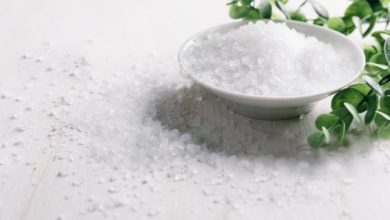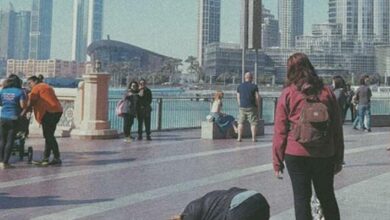Some common habits which can make you look older

Although aging is an unavoidable process, premature aging is something to be concerned about.
Here is a list of five fairly frequent everyday habits that we all do, whether purposefully or accidentally, that might make us look older.
Consuming too much alcohol
Alcohol consumption has a lot of direct consequences on our bodies that we are unaware of. It can dry and irritate the skin, resulting in facial flushing and even burst capillaries. All of these things can make us appear older than we are.
Alcohol use has been shown in tests to promote upper face creases and even under-eye puffiness.
Increased screen time
Every individual has been affected in some way by the pandemic. The work-from-home lifestyle has overexposed us to blue light emitted by gadgets, which can cause us to appear older. All physical gatherings and meetings have transferred to internet platforms, and we are unable to reduce our screen time.
But there is one thing we can definitely do: limit our screen time by avoiding binge-watching and spending less time on social media.
Not drinking enough water
Water makes up roughly 60% of the human body and is critical to living a healthy lifestyle.
Drinking little water can cause weariness, frequent illness, constipation, and even poor skin health. Dehydration manifests itself on our faces as dryness, crow’s feet, fine wrinkles, and even dark circles.
Water moisturizes and plumps skin cells, making our skin appear brighter, more vivid, and younger.
Smoking
Tobacco smoke contains a variety of pollutants that reduce the circulation of oxygen and a number of critical nutrients in the skin.
Smoking inhibits our skin’s capacity to regenerate new cells, making us appear older.
Eating too much sugar
The two key chemicals in the skin that keep it tight, plump, and youthful are collagen and elastin. According to studies, high quantities of sugar or glucose connect amino acids in collagen and elastin, degrading them and impeding the body’s natural mending process.
Stress and lack of sleep
Almost everyone is currently sleep-deprived or under stress. Our bodies regenerate and heal themselves as we sleep.
Getting less sleep than you require can appear on your face.
When you are under stress, your nervous system produces stress chemicals such as cortisol. This stress hormone causes our skin to produce more oil, resulting in clogged pores and acne breakouts.
Sleep and stress are inextricably linked; lack of sleep can lead to irritation and tension, whereas adequate sleep can improve overall well-being.






